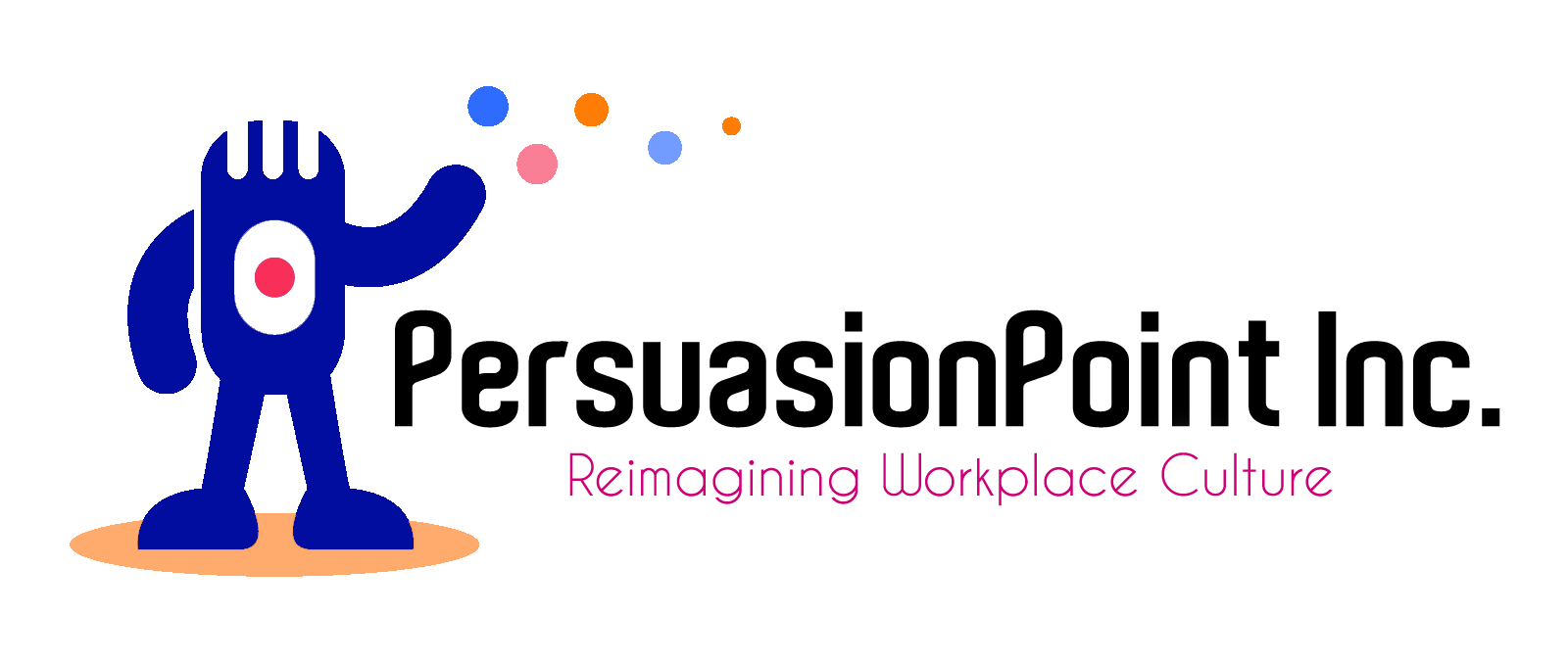Policies, policies, policies!
Should workplace policies be written to give employees the right to do something, or should they be written to encourage employees to do the right thing?
Too many policies are written to address the misconduct of one mistake or poor judgment. Policies often contain canned language or punitive language with no real teeth. Too many policies fail to explain the “why” related to the policy.
Here are some way to improve your policies in the name of workplace wellness and make them sound like they’re from this century instead of regurgitated, copy-paste language from yesteryear.
- Timekeeping policies shouldn’t just be a way to keep tabs on employees. Let employees know that in addition to legal requirements, you have timekeeping mandates because you are committed to making sure everyone gets paid for all the work they do.
- Also in the world of timekeeping, rather than just telling employees that they “must” take rest and meal breaks and that failure to do so could result in discipline (“up to and including termination”), tell them that the intent of this policy is to prevent burnout. A well-written policy tells your employees that you value their physical and mental health.
- Disability policies should cover more than legal obligations. A great employer does more than comply with reasonable accommodation requests. Stating the “why” gives you a chance to tell employees that your goal is to make the process a win-win proposition.
- Bullying policies are often vague and fail to define what is meant by “respectful” or “professional.” Does this mean that saying one curse word after stubbing your toe is wrong? Or does it mean that a boss who throws things at employees is behaving acceptably because he’s “high spirited?” Give specific examples and be realistic, and follow up by discussing during training, evaluation meetings, and to answer any questions.
- If you opt to have a policy emphasizing your commitment to a respectful workplace, enforce it. Consistently.
- Policies about evaluations and salary reviews could help create a more seamless process, but unfortunately many policies make the process more bureaucratic. Inauthentic, canned language sends the message that you only see the evaluation process as a necessary evil and does not help set expectations or serve as an employee development tool.
Additional Resources
- Fast Company: How to make sure your new work policies don’t make people want to leave
- Brené Brown on Empathy: Great policies start with knowing employees are human, first and foremost. Empathy is a great place to start in building a healthy workplace culture.
Our mission is to help create and support healthy workplace cultures. Part of that mission is to provide tips and advice on how to evolve your workplace into a truly inclusive environment. Feel free to share with anyone who you think could benefit from our message.

About PersuasionPoint
Patti Perez is the founder and CEO of PersuasionPoint, a consulting and training firm focused on helping organizations navigate conflict, misconduct, and high-stakes decisions with fairness, clarity, and credibility. She is the award-winning author of The Drama-Free Workplace (Wiley) and the creator of Mastering Workplace Investigations, a human-centered training program designed to strengthen investigative judgment, reduce bias and noise, and build trust at critical moments.
Through training, advising, and leadership development, Patti helps organizations move beyond compliance to create cultures rooted in transparency, curiosity, and organizational justice.
Email Patti directly at Patti@PersuasionPoint.com.
